"I’m Tired of Healing. When Do I Get to Just Be Happy?"
- Anjali Gulati
- Jun 26
- 4 min read
Updated: Jun 28
Let’s take a deep breath together.
I am sure if you have ever taken therapy consistently or done some work on yourself for some time now, you must also have this thought, “I’ve been healing for so long… when do I get to feel okay?”
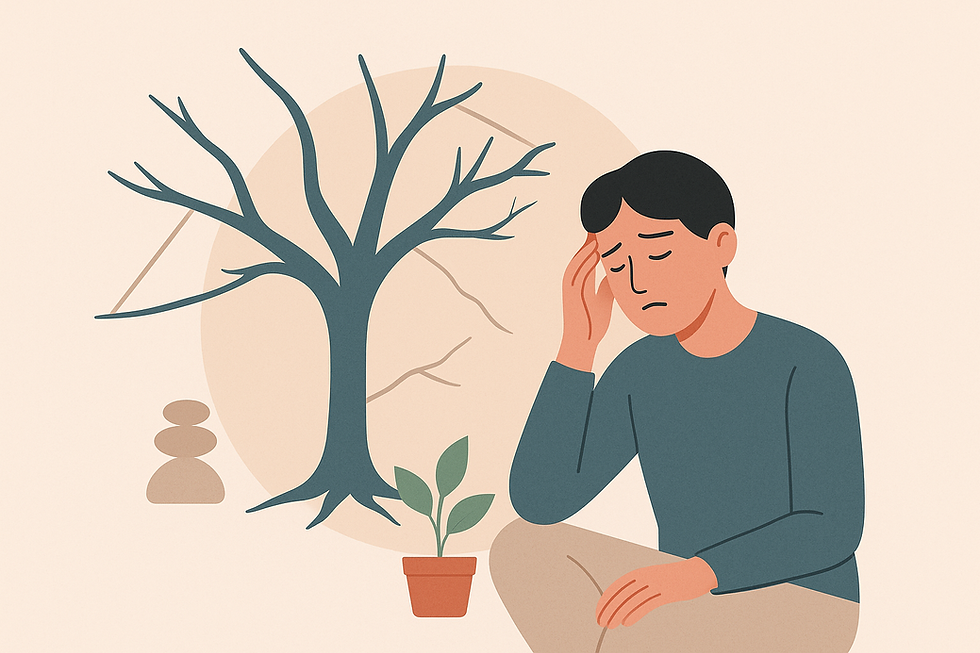
As a therapist, I hear this every week in my sessions.
The journaling.
The shadow work.
The breathing exercises.
The hard conversations.
The reading, the crying,
The letting go.

Healing asks a lot of us. It’s not just about crying in therapy or learning to journal—it’s the emotional weight of staying present with your pain, the courage to unlearn patterns, the work of showing up differently in relationships. All of it can be deeply meaningful… and still, exhausting. And while it’s tempting to think, “I’ll be happy when I’m finally healed,”—I gently want to ask:
What if healing doesn’t have to be your full-time job?
What if joy is not something you earn after you've “fixed” yourself—but something you’re allowed to feel right here, right now?
The Quiet Burnout of “Always Working on Yourself”
Healing is important, yes—but it’s also mental and emotional labor.
Think about it.
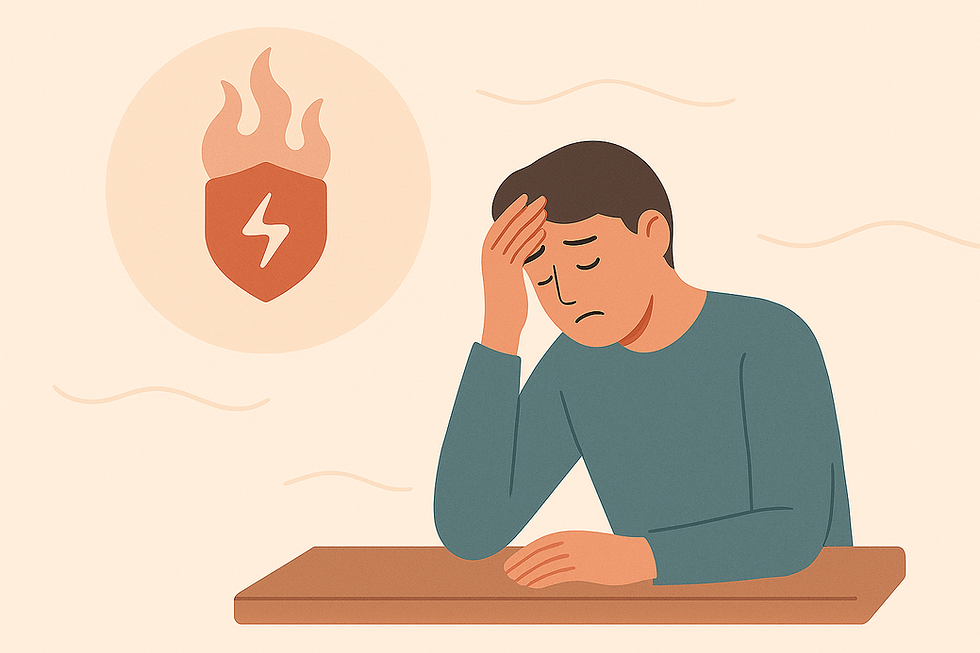
You’re revisiting old memories, unpacking trauma, learning to set boundaries, understanding your attachment style, dealing with family patterns, navigating emotional flashbacks…
That’s a lot. That’s work.
Psychologist Dr. Thema Bryant calls this phenomenon healing burnout—when the process of self-improvement begins to feel like another never-ending to-do list. Instead of feeling lighter, you feel pressure to always be processing something.
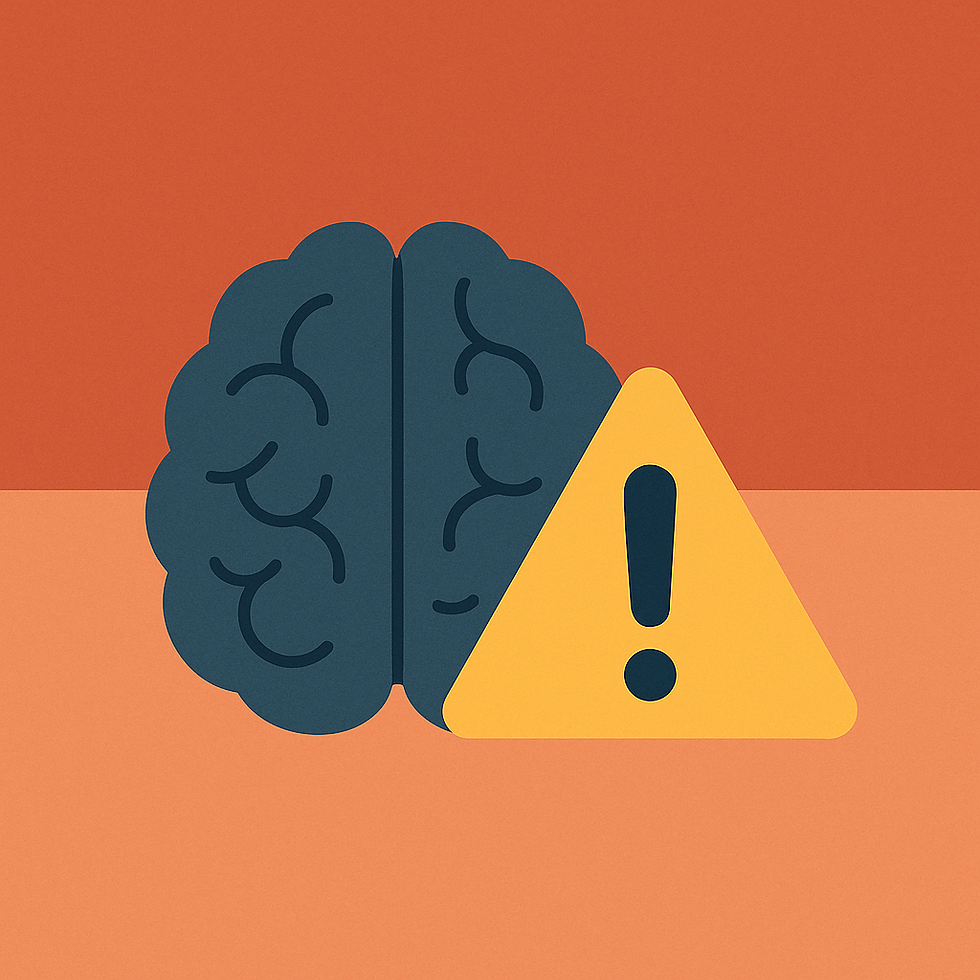
Research backs this up. A 2022 study published in the Journal of Counseling Psychology found that people deeply engaged in trauma recovery and identity work often report emotional fatigue and reduced pleasure in daily life—especially when they lack breaks or joyful rituals.
In fact, it’s often a signal:
You might need to pause. To integrate. To gently shift from “what’s wrong with me?” to “what feels okay right now?
Why Your Brain Feels Tired (Even If You’re “Doing the Work”)
Neuroscience tells us that emotional processing takes mental energy—especially when it involves rewiring beliefs, confronting trauma, or developing healthier habits.
Your brain uses more energy on deep emotional work than it does solving complex math problems. So if you’re feeling drained from self-reflection, boundary setting, or vulnerability hangovers—you’re not imagining it. Your nervous system is doing real work.
But just like a muscle, your mind also needs rest, fun, and lightness to stay balanced.
You’re Not Behind. But You Are Responsible
This part is important.
Yes, you’re allowed to feel tired. Yes, you deserve grace. But healing isn’t about waiting to be rescued, it’s also about taking responsibility for how you care for yourself, how you show up, and what you choose to practice.

Responsibility in healing doesn’t mean being perfect. It means being present. It means asking: What’s one small thing I can do today that supports my well-being—even just a little bit?
Sometimes, that might be:
Allowing yourself to feel joy without needing to “deserve” it.
Choosing to rest without guilt.
Going for a walk instead of overthinking.
Reaching out instead of pulling away.
Happiness Isn’t a Finish Line
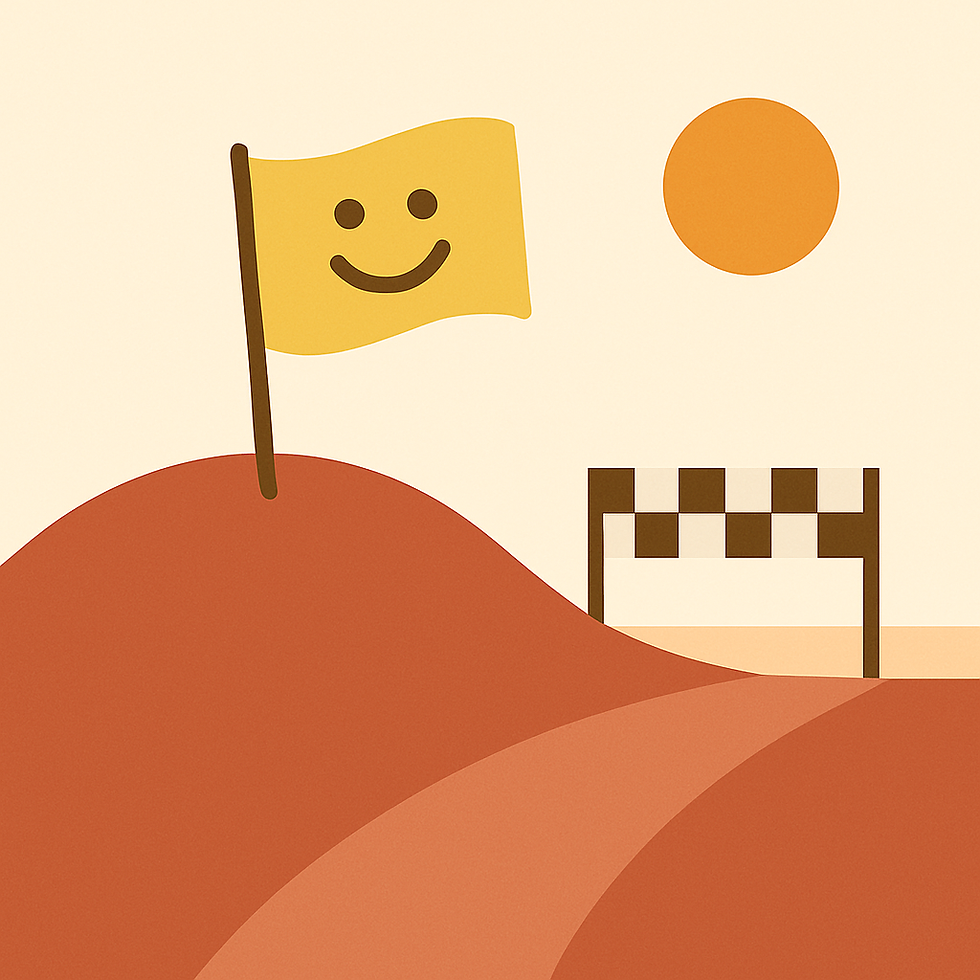
You don’t have to “graduate” from your pain to be allowed to laugh.You don’t need to tick off every healing milestone before you can enjoy your day.
In fact, joy helps you heal.
Studies in positive psychology show that even brief moments of play, connection, or pleasure reduce stress hormones and help build emotional resilience. Joy doesn’t cancel your pain—it coexists with it. And it helps.
So ask yourself gently: Am I making room for joy, or only for growth?
A Soft Reset Checklist
If you’re feeling stuck or tired, here’s a simple way to check in with yourself:
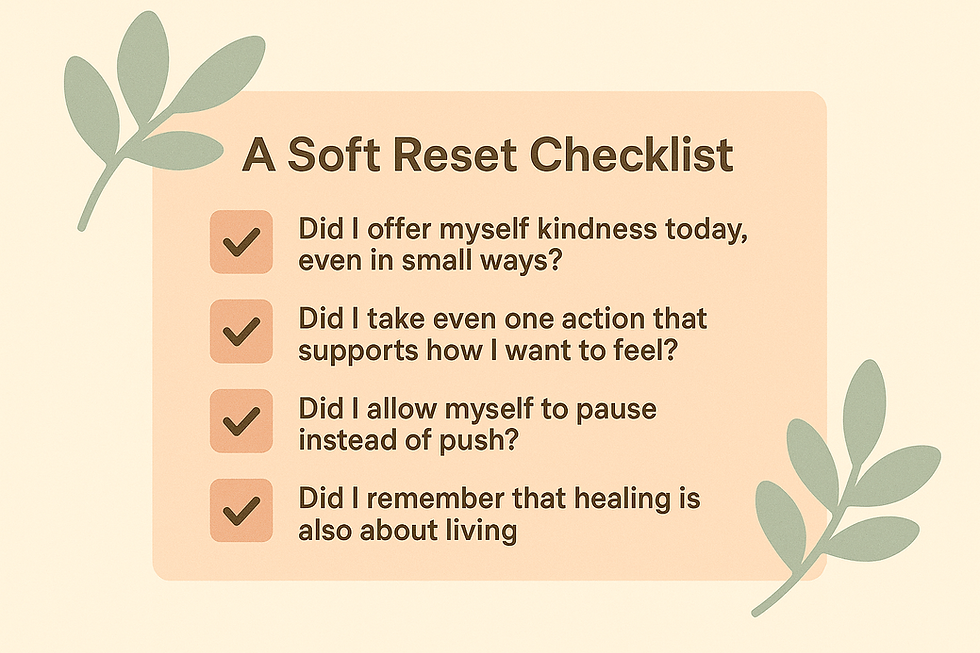
Did I offer myself kindness today, even in small ways?
Did I take even one action that supports how I want to feel?
Did I allow myself to pause instead of push?
Did I remember that healing is also about living?
None of these require perfection.They just require your presence.
Final Words (From One Human to Another)
Healing is brave. But it’s also hard. And no one tells you how quiet it can be. How lonely. How tender. You’re allowed to feel that.
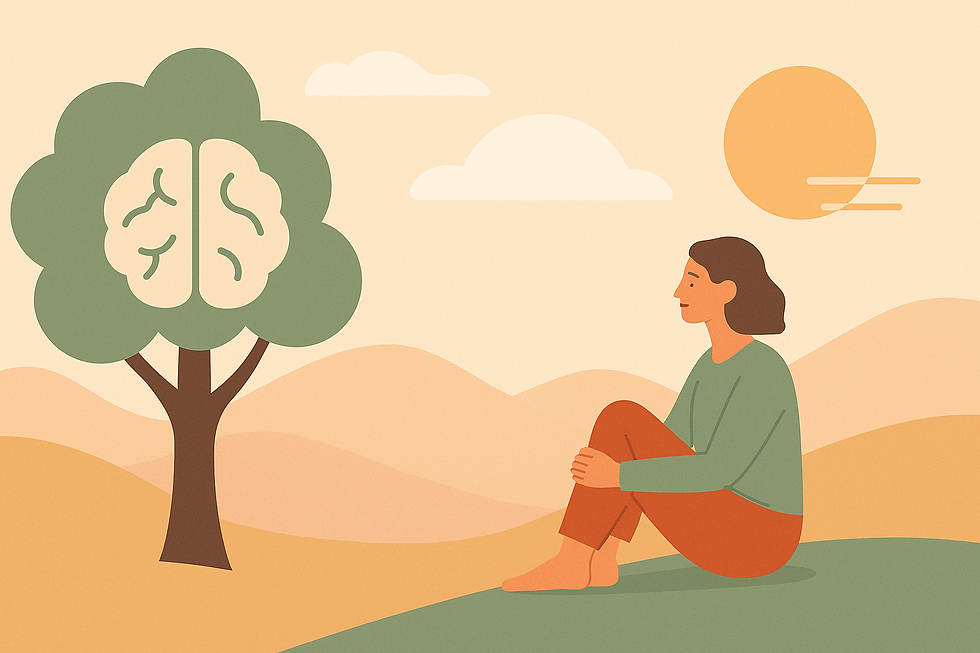
You’re also allowed to step away from the work sometimes and simply be. To let the sun warm your skin, to laugh at a silly reel, to dance while brushing your teeth, to feel good just because you do.

And that’s not avoidance—it’s balance.
You don’t have to fix everything before you feel better. You just have to keep meeting yourself with honesty, compassion, and a little commitment each day.
You are not failing if you’re tired. You’re not behind if you need a break.But you are still responsible for choosing what you’ll do next.
So maybe today isn’t for fixing. Maybe today is for living.
Share this with someone who’s deep in the work and needs to hear: It’s okay to rest. It’s okay to laugh. You’re allowed to be happy now—not later.



Comments